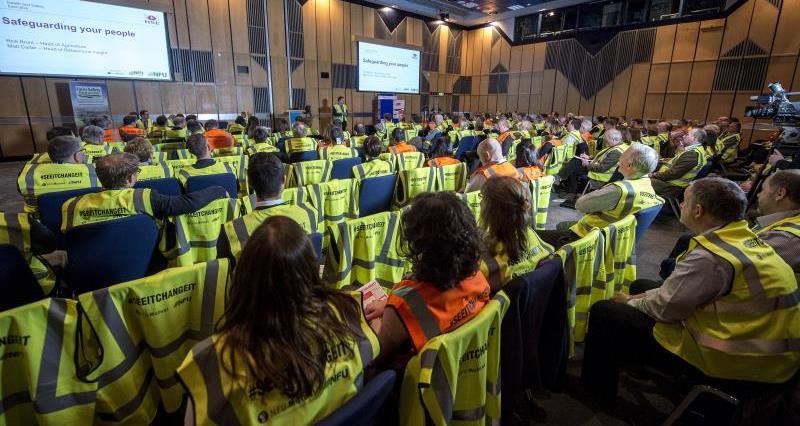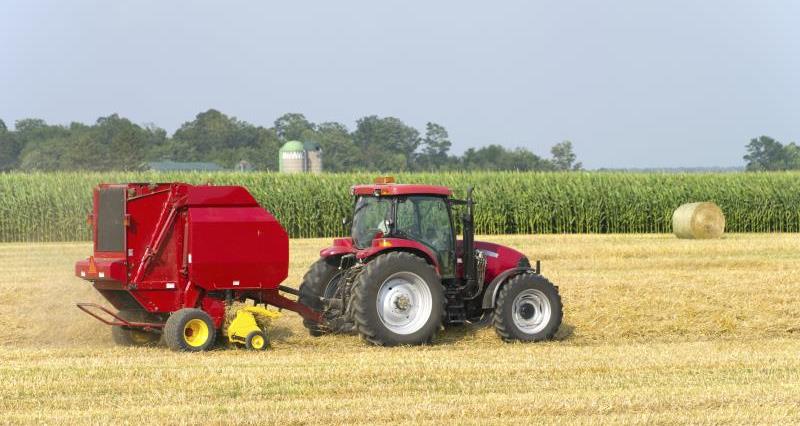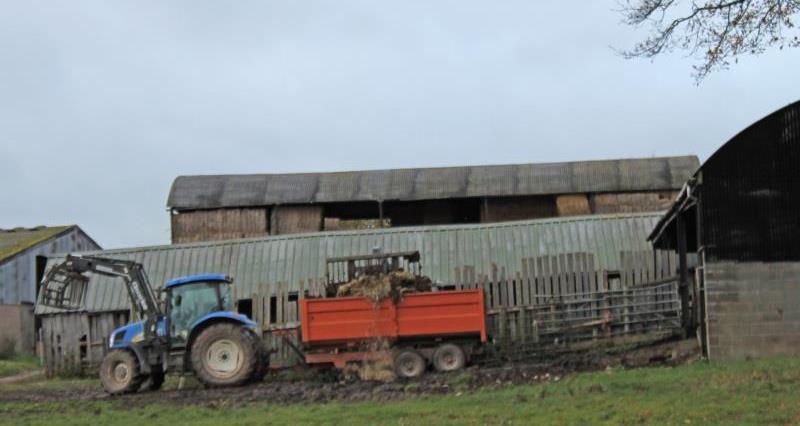What is the report?
The Workplace fatal injuries in Great Britain 2018 report covers England, Wales and Scotland. Northern Ireland reports separately. The report gives:
- A total of the fatal workplace accidents between April 2017 and March 2018
- Figures for workplace deaths in major industrial sectors
- A comparison of the performance in Great Britain with other states in the EU
What are the figures?
Overall, there were 144 workers killed in workplace incidents in 2017/18. This is up on the previous year’s figure of 133. Although last year saw an increase in worker fatalities in statistical terms, the number has remained broadly level when compared to previous years.
Figures for major industrial sectors are given in the table below: construction recorded the highest figure of 38 with agriculture recording 29.
Sector | Fatal injuries 2017/18 | Fatal injuries 2013/14 |
Construction | 38 | 39 |
Agriculture | 29 | 28 |
Manufacturing | 15 | 19 |
Transportation | 15 | 14 |
Waste | 12 | 8 |
Comms, Business Services | 11 | 9 |
Other industries | 24 | 24 |
Agriculture is not the biggest employer in Great Britain and a better way to compare different sectors is to look at injury rates per 100,000 employed. Using this measure, agriculture usually records the poorest performance.
Last year, because of serious incidents, the waste sector recorded the poorest performance. However this is considered to be a blip and a more accurate picture for agriculture is provided by the long term average which shows that agriculture is the poorest performing sector.
Sector | Fatal injuries per 100,000 employed 2017/18 | Fatal injuries per 100,000 employed 2013/14 |
Construction | 1.64 | 1.77 |
Agriculture | 8.44 | 8.20 |
Manufacturing | 0.52 | 0.65 |
Transportation | 0.96 | 0.91 |
Waste | 10.26 | 7.22 |
Comms, Business Services | 0.16 | 0.14 |
All industry | 0.45 | 0.45 |
How does Britain compare with other countries?
Overall, Great Britain consistently has one of the lowest rates of fatal injury across the EU. Great Britain is a great place to work in terms of safety. In 2015, the rate per 100,000 employed was 0.51 in Great Britain, compared to Germany with a figure of 0.74, Italy with a figure of 0.82 and France with a rate of 3.62. What is startling when looking at injury rates is the fact that agriculture is the poor performer by far in Great Britain.
Why does agriculture have a consistently poor record?
There are many factors contributing to agriculture’s poor performance such as an older work force, the presence of children and members of the public in the work place, having to cope with the elements and work involving large machinery. However one major factor is poor attitudes and behaviours in the industry towards safety.
Most fatal injuries are avoidable. For example, every year farmers are run over by their own vehicles. These deaths can be prevented by following the Safe Stop procedure - which ensures every time a driver leaves the cab that:
- The handbrake is on
- The controls are in neutral
- The hand brake is on
- The keys are taken out to stop someone else starting and driving the vehicle
We all face risk every day and manage it – who does not manage the risk of injury when driving a car by putting a seat belt on? The key to improving safety in agriculture is to identity risk; remove it whenever possible and if it cannot be removed to manage it effectively.

See it, change it: Delegates at the 'Safeguarding your people' session at NFU Conference 2018
Change is coming, as can be seen by the NFU member involvement in safety events up and down the country with over 200 members attending two events alone in June.
We all have a part to play in making our industry safer.
Farm Safety Week starts on Monday 16 July. Make it your target to change one thing every day. It could be something simple like tidying up the yard or wearing hi vis or following Safe Stop. Let everyone know what you are doing by posting on Twitter using the #seeitchangeit hashtag.
Help, advice and guides to improve safety are available on the safety pages of NFU online; in dedicated Business Guides on NFU online and from CallFirst on 0370 845 8458.
Advice is also available in the agricultural section of the HSE website.

